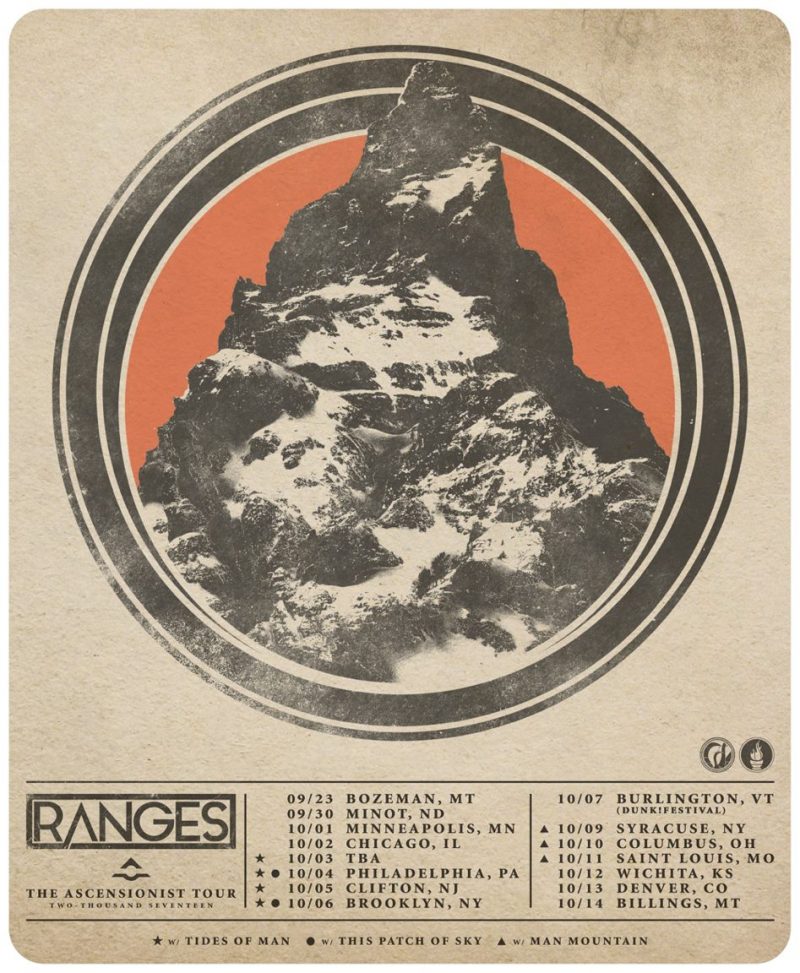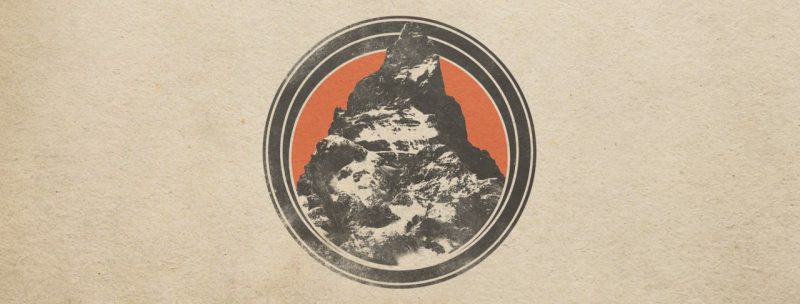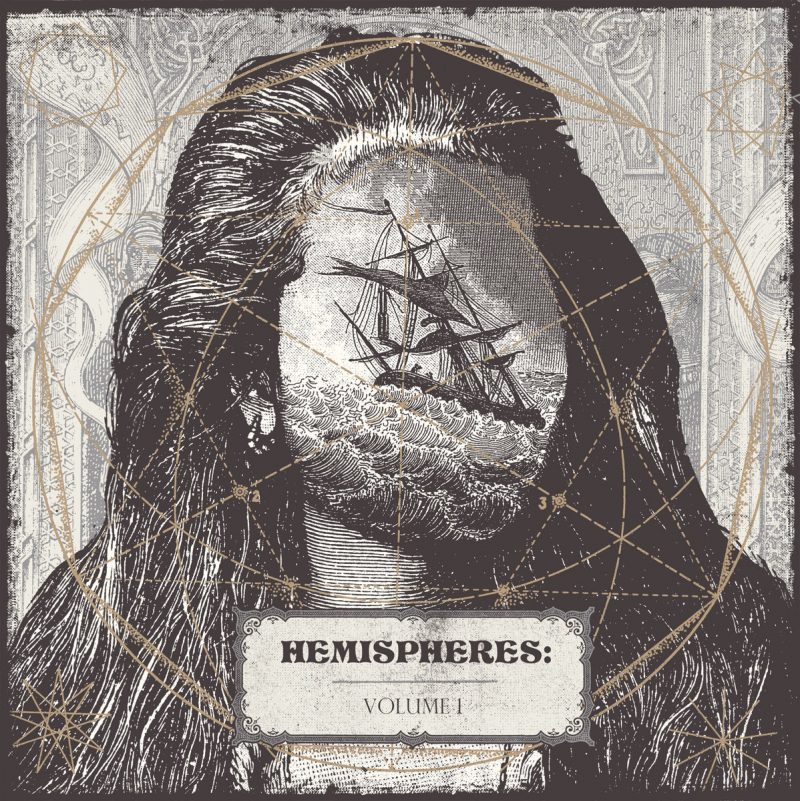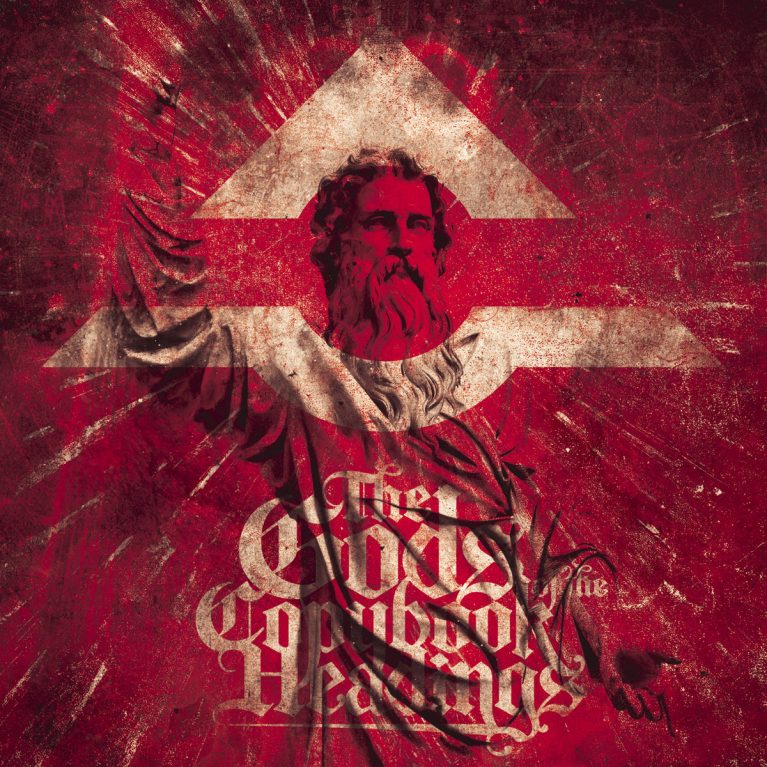I can hardly believe it.
I am about to embark on a tour with a band that will take me across America and back.
The band in question is Montana’s Ranges. Just last week they released their new album, The Ascensionist. In just over a week we will be at the inaugural dunk!USA festival in Burlington, Vermont.
I’ve heard the lads practicing together, but this is the first night I will see them actually perform a set. The Ascensionist is a culmination of everything the band has become, a homage to previous albums, yet fresh in its own right. I see the band at the height of their career to date, both artistically and musically. It’s a privilege to be able to see them at this exciting time.
We’re driving a mini van with trailer in tow. There are six of us: CJ (guitar) is like the dad – he is the voice of reason and will be driving for most of the tour. Joey plays guitar as well. He’s crazy and has a short attention span, but is incredibly likable. Mark is the drummer. He’s the oldest of the group, a veteran of music. His accent is different to the others, being from New York, and he has some great stories. Jared plays bass. He has a master’s degree in ceramics. He’s the one I’ve spent least time with, but no doubt I’ll know him well after spending 2 weeks in a van with him.
Wilson is tagging along too. He’s CJ’s business partner, helping to run their printing company A Thousand Arms. He’s in charge of photography and visual wizardry. He was actually an original member of the band, so it’s nice to have him along.
And then there’s me. I’ll be keeping a tour blog, taking photos, selling t-shirts, driving the van, helping to set up for the shows… in short, I’m the roadie. I’m the youngest, and I’m foreign, so most of jokes are made at my expense (mostly Hobbit references for the time being)
I helped the guys with prep last night. CJ and I combined forces to create a loft in the back of the van – a bunk that we can sleep on with room for storage underneath. We’ve been printing merch like mad as well – for both the tour and dunk!fest.
Tomorrow, the first leg of the tour, will bring us to Minot, North Dakota. I’ve been travelling around America for months now, having left my home in New Zealand in June. But America is a biiiig place, so despite visiting many different cities, I haven’t even scratched the surface. I’m hyped to see more of this amazing country, and meet locals along the way.









